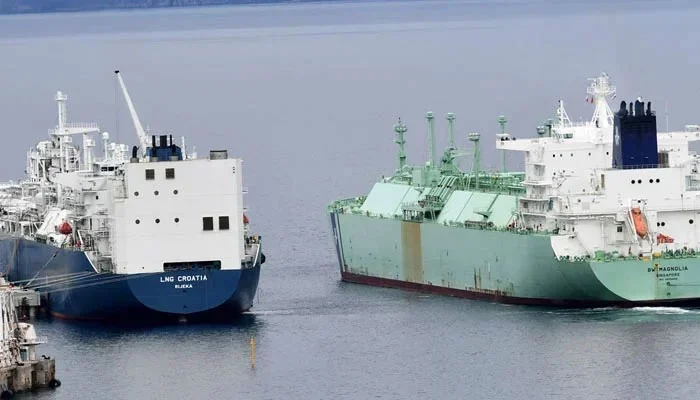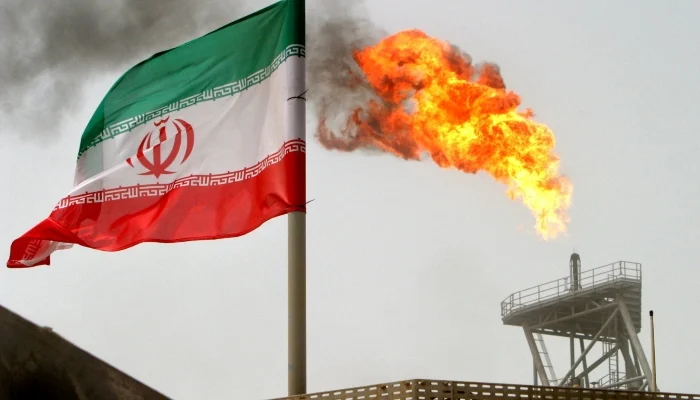ISLAMABAD: Pakistan plans to renegotiate its liquefied natural gas (LNG) supply agreement with Qatar, as the current 10-year deal includes a clause allowing either party to terminate or review the terms after a decade.
The decision comes amid rising energy costs and Pakistan’s efforts to secure more favorable terms for its growing energy needs.
Federal Minister for Petroleum Musadik Malik shared the development during a briefing to the National Assembly’s Standing Committee on Energy (Petroleum Division). He highlighted that the existing agreement with Qatar, based on a 13.37 per cent slope, is relatively expensive compared to other international deals.
“The Qatar agreement is costly, and we will negotiate better terms next year,” Malik stated.
Comparison with Azerbaijan LNG Deal
In contrast, Malik explained that Pakistan’s LNG deal with Azerbaijan operates on a take-and-pay basis, offering flexibility. Under this arrangement, Pakistan can purchase LNG cargoes as needed without rigid commitments.
“Azerbaijan’s contract is more flexible and cost-effective,” he noted, adding that Azerbaijan offers one LNG cargo per month, with an option to decline purchases if necessary.
Refinery Upgrades and Gas Shortages
During the standing committee meeting, Musadik Malik also addressed the need to upgrade Pakistan’s refineries to meet Euro-V standards and announced that a biofuel policy would be presented to the cabinet within a month.
Meanwhile, lawmakers from Sindh raised concerns over gas shortages in the province, arguing that its surplus gas is being diverted to other regions in violation of constitutional provisions.
Sindh’s Syed Naveed Qamar emphasized that the Constitution prioritizes gas for producing provinces, yet Sindh continues to face shortages. The Petroleum Secretary revealed that 80 per cent of Sindh’s industry relies on local gas compared to only 20 per cent in Punjab, yet a portion of Sindh’s gas is supplied to Balochistan, where losses exceed 50 per cent.
Calls for Fair Gas Distribution
Committee Chairman Syed Mustafa Mehmood questioned why gas is being diverted to areas with high losses and low recovery rates.
Officials from SSGC (Sui Southern Gas Company) cited a high court ruling that prevents billing beyond a certain limit, a decision currently under legal challenge. Malik noted that Balochistan’s gas losses are a major issue and suggested that responsibility should also lie with the provincial high court.
Committee member Moin Amir Pirzada proposed establishing a separate gas management company for Balochistan to address ongoing concerns over gas theft and inefficiencies.




